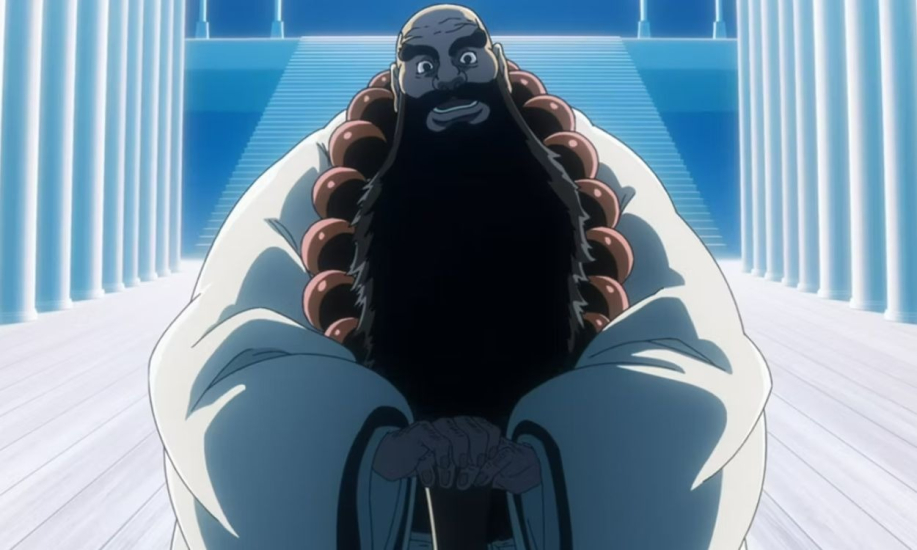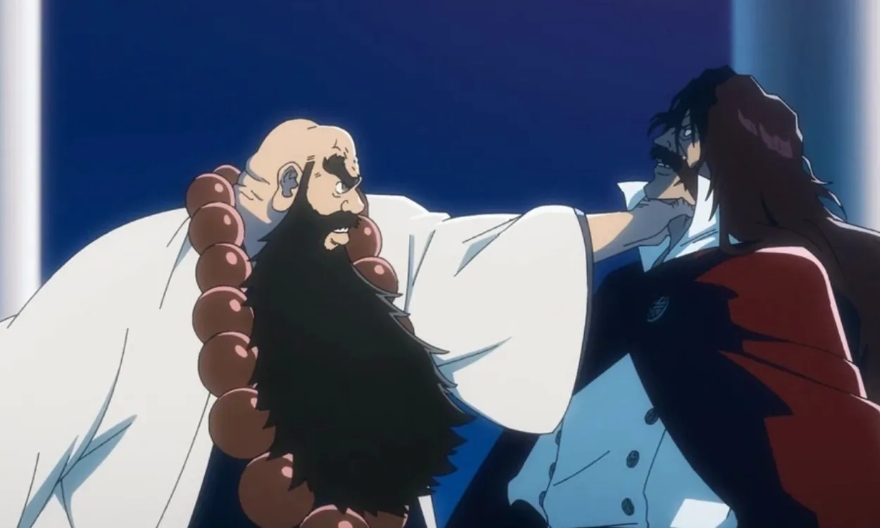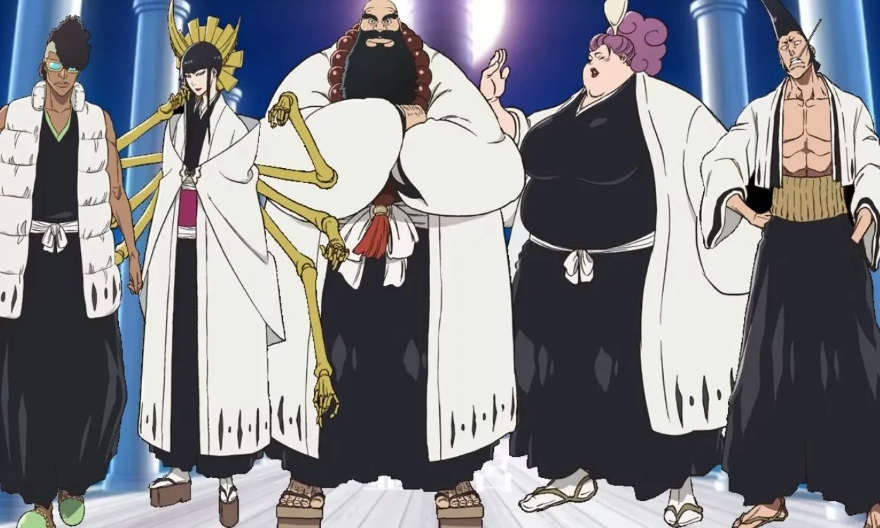Bleach Part 3: Thousand Year Blood War has officially launched and continues to live up to fans’ high expectations. Even before its premiere, this third installment has been setting social media abuzz with excitement. The first episode of Bleach Part 3 was widely praised as one of the best anime episodes of 2024, delivering many satisfying moments for longtime fans. However of the Royal Guard, causing his head to be wrenched off from his body. Naturally, many fans have asked: Is Ichibei Hyosube really dead? Below, let’s dive into the evidence, theories, and revelations surrounding his fate.

Did Ichibei Hyosube Die in Bleach?
In the brutal war depicted in Bleach: Thousand Year Blood War, Ichibei Hyosube proves himself a formidable and near-invincible warrior. Although Yhwach lands a fatal blow that seemingly decapitates him, Ichibei demonstrates an extraordinary ability to survive—something many believed impossible.

After his body appears to be completely destroyed, a surprising turn occurs: his spiritual essence manages to reach out to Ichigo. Despite his body being in pieces, Ichibei pleads for Ichigo to call out his name. When Ichigo utters “Ichibei,” a miraculous event unfolds. Ichibei’s revival suggests not just immense strength, but also a profound bond between him and Ichigo.
Ichibei later claims that the power of Ichigo’s spirit energy (his reiatsu) contributed to his restoration. Yet, even after coming back, Ichibei is not in a condition to continue battling Yhwach directly. Instead, he entrusts his mission to Ichigo, believing the latter to be a worthy successor.
This resurrection is not merely a narrative twist—it highlights deeper themes in Bleach, such as identity, connection between souls, and the defiance of death itself.
Did the Royal Guard (Quincy Royal Guard) Die?
To understand Ichibei’s fate in full context, it’s crucial to examine what happened to the rest of the Royal Guard (Vệ Vương). In the climactic moments of Bleach Part 2 and early Part 3, three members of the Royal Guard—Tenjiro Kirinji, Kirio Hikifune, and Oetsu Nimaiya—choose to commit ritualistic suicide by cutting their own throats. But they do so not out of despair, rather as a deliberate sacrifice to allow their comrade Shutara to unleash her full power without endangering the three realms.
This shocking decision reveals the secret pact the Royal Guard has: they have bound themselves to a vow so that their true power remains sealed under normal circumstances. In moments of extreme crisis, they can forgo their lives so one of them may transcend those limitations.
Yet, here’s the twist: the Royal Guard’s true nature implies that they are immortal in a sense. They can reconstruct themselves instantaneously at the Soul King’s palace—provided at least one member remains alive. In this sense, “death” is more like a temporary state. And by the end of the manga, Ichibei confirms to Ichigo that this immortality is real, that the Royal Guard can indeed return from death. It’s his confidence and authority that give credence to this claim.

Because Ichibei survived Yhwach’s attack—and because at least one member of the Royal Guard remains—this pact ensures that the entire Guard can potentially be revived. This places Ichibei’s fate not just as an isolated case but as a key hinge on which the future of the Royal Guard hangs.
Interpretations, Theories, and Significance
The “Name-Calling” Mechanism
One of the more mystical elements of Ichibei’s survival is the notion that Ichigo’s naming of him (calling “Ichibei”) has power in the Bleach universe. It’s reminiscent of themes in many fantasy and mythic systems where names carry authority and bind spiritual forces. Ichibei’s revival hints that this naming connection is a form of spiritual contract between him and Ichigo.
Ichigo’s Role as Support
Though Ichibei is one of the most powerful characters in the series, his weakened post-resurrection state means he can no longer contend with Yhwach directly. It shows the narrative shift: Ichigo becomes the principal combatant, while Ichibei transitions into more of a mentor or guiding figure. His sacrifice and guidance drive Ichigo’s growth in the final war.
Philosophical Perspectives on Death in Bleach
Bleach often treats death as merely a change of state rather than an absolute end—spirits, souls, resurrection, sealing, and reincarnation are recurring motifs. Ichibei’s revival underscores that in this world, the boundary between life and death is porous, especially for transcendent beings bound by divine pacts.
Stakes for the Royal Guard
Because the Royal Guard’s existence depends on at least one surviving member, Ichibei’s role becomes critical. If he had not survived, the whole Guard might be irretrievably lost. With his survival, the possibility of restoring the Guard and mounting a final confrontation with Yhwach remains alive—a major narrative device heading into the climax.
So, is Ichibei Hyosube still alive? The evidence strongly supports a “yes.” After being seemingly destroyed by Yhwach, Ichibei’s spiritual resilience allows him to reach Ichigo, and the act of Ichigo naming him sparks his revival. Although he returns in a weakened state, Ichibei’s survival becomes central to the ongoing war—and to the fates of the Royal Guard.
But more than that, his story emphasizes some of Bleach’s central themes: the power of spiritual connection, the fluid boundary between life and death, and the transfer of legacy from one generation to the next. Ichibei’s role evolves—not as the frontline combatant, but as a guardian of hope, a keeper of sacred pacts, and a living anchor to the Royal Guard’s promise of resurrection.
If you are a fan of Bleach in the UK, you can shop exclusive Bleach merch & gifts at Bleach UK Shop, the perfect place for every fan.
